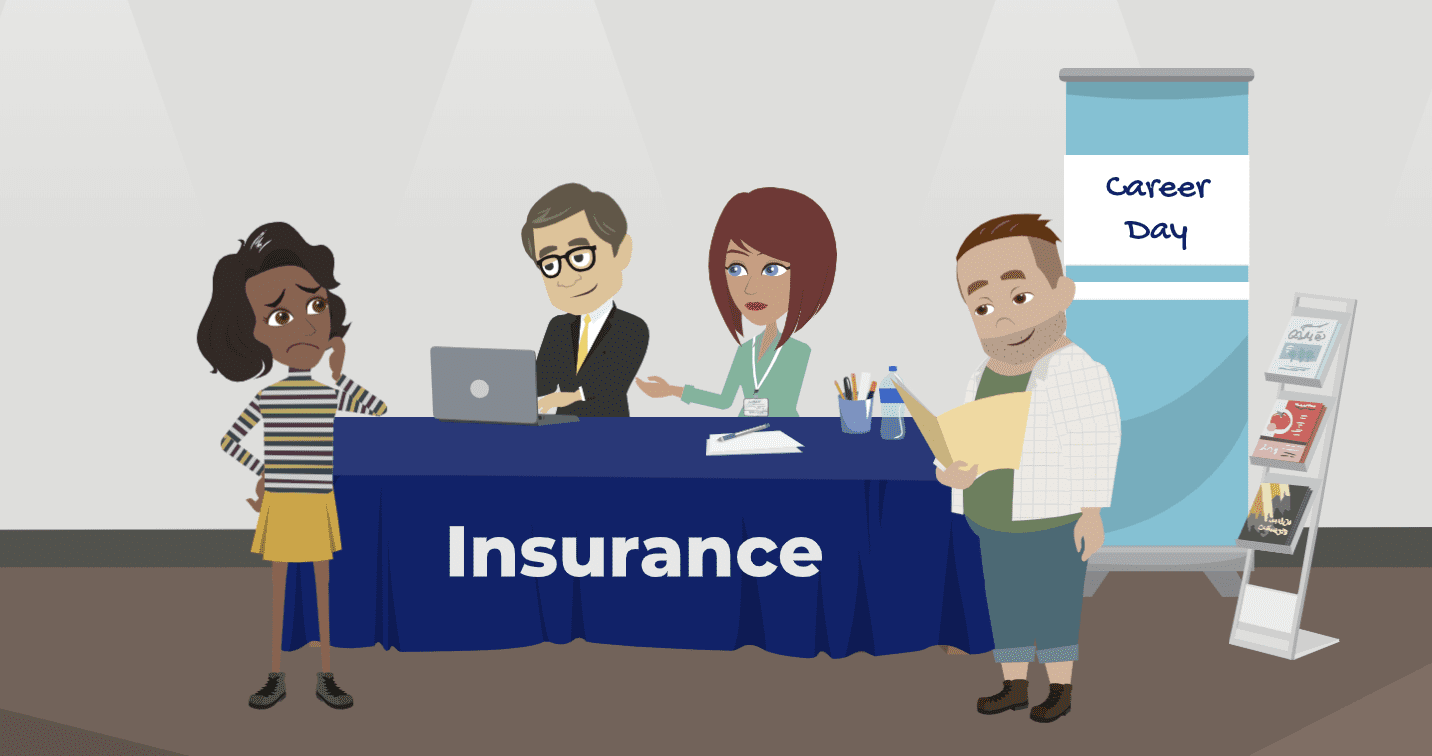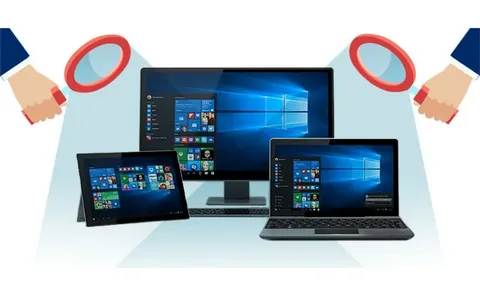In today’s digital age, protecting your online identity has become more important than ever. From cybercriminals to data tracking by internet service providers, there are countless threats to your privacy each time you go online. One simple yet effective solution is to integrate a free VPN into your daily browsing routine.
A VPN (Virtual Private Network) works by encrypting your internet connection, making it extremely difficult for anyone to intercept your data. Whether you are checking emails from a coffee shop or browsing news on your home network, a free VPN adds an essential layer of protection without costing you a dime.
What Is a VPN and How Does It Work?
A VPN, or Virtual Private Network, creates a secure, encrypted tunnel between your device and the internet. When you connect through a VPN server, your real IP address is hidden, and your internet traffic is encrypted. This means that hackers, internet service providers (ISPs), and even government agencies have a much harder time tracking your online activities.
For example, if you’re browsing from a public coffee shop’s Wi-Fi network, your data could be intercepted by someone on the same network. A free VPN encrypts this data, making it unreadable to anyone who might try to access it.
Why Free VPNs Are Worth Considering
While premium VPNs often come with more features, a well-chosen free VPN can still offer strong protection for everyday users. If your primary goals are basic online privacy, secure browsing, and access to geo-restricted content, a reliable free option can meet your needs effectively.
How Free VPNs Protect Your Privacy
1. IP Address Masking
Your IP address reveals your approximate location and can be used to track your browsing activity. A free VPN replaces it with the IP address of the server you connect to, making it more difficult for websites and advertisers to build a profile on you.
2. Strong Encryption
Most reputable free VPNs use advanced encryption standards like AES-256. This transforms your data into unreadable code, ensuring that even if it’s intercepted, it cannot be deciphered.
3. Extra Security Features
Many free VPN providers include additional tools such as DNS leak protection and kill switches. DNS leak protection ensures your browsing requests are fully encrypted, while a kill switch disconnects your internet if the VPN connection drops—preventing any unprotected data transfer.
Everyday Benefits of Using a Free VPN
Enhanced Security on Public Wi-Fi
Public Wi-Fi is convenient, but it’s also a common target for cybercriminals. Airports, cafes, hotels, and libraries often offer open networks that lack proper encryption. With a free VPN, you can browse, shop, or log in to your accounts without worrying about eavesdroppers.
Example:
Imagine you’re traveling abroad and need to check your online banking account from your hotel’s Wi-Fi. Without a VPN, your login details could be exposed. A Free VPN encrypts your connection, keeping your credentials safe.
Bypassing Geo-Restrictions
Some websites and online services limit content based on your location. By connecting to a VPN server in another country, you can bypass these restrictions and access the information you need.
Example:
You might want to read news from a website that’s restricted in your region. A free VPN lets you connect through a server in a different location, giving you full access without the limitations.
Preventing ISP Tracking
Your ISP can monitor your browsing history, and in some regions, they may sell this data to advertisers. Using a free VPN encrypts your internet traffic so that your ISP only sees that you are connected to a VPN server—not the websites you visit or the content you access.
Considerations When Choosing a Free VPN
While a Free VPN offers many advantages, there are a few limitations to keep in mind:
- Data Caps – Many free plans limit how much data you can use each month.
- Speed Restrictions – Free VPNs may have slower speeds, especially during peak usage times.
- Fewer Server Locations – You might have access to only a small selection of servers compared to premium plans.
- Potential Ads – Some free services display ads to cover costs.
The key is to choose a reputable provider that prioritizes privacy and does not log your activities. Users who require an additional layer of IP privacy beyond that offered by a free VPN can benefit from services such as ProxyCC, which provide high-quality residential and ISP proxies to stabilise connections and maintain anonymity across different platforms.
Tips for Getting the Most Out of a Free VPN
- Use It Consistently – Make it a habit to connect your VPN every time you go online, especially on unfamiliar networks.
- Check Privacy Policies – Choose services that clearly state they do not log user activity.
- Update Regularly – Keep your VPN app updated to benefit from the latest security patches.
- Test Different Servers – Switching to a less busy server can improve speed and performance.
- Combine with Other Security Tools – Use antivirus software and enable two-factor authentication for an extra layer of protection.
Protecting Your Digital Identity
Online privacy threats are not going away—in fact, they’re becoming more sophisticated. Integrating a reliable free VPN into your daily browsing routine is one of the simplest and most cost-effective ways to keep your personal information safe.
From encrypting your connection on public Wi-Fi to bypassing content restrictions and preventing unwanted tracking, the benefits are clear. By choosing a reliable and trustworthy free VPN, you’re taking a proactive step toward securing your digital life.
Final Thoughts:
Whether you’re a student, a remote worker, a frequent traveler, or simply someone who values online privacy, a free VPN can be a valuable tool in your cybersecurity toolkit. The key is to select one that balances performance, security, and ease of use—so you can browse the web with confidence, every single day.







